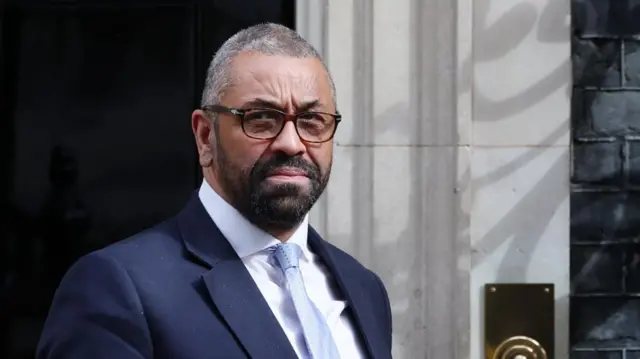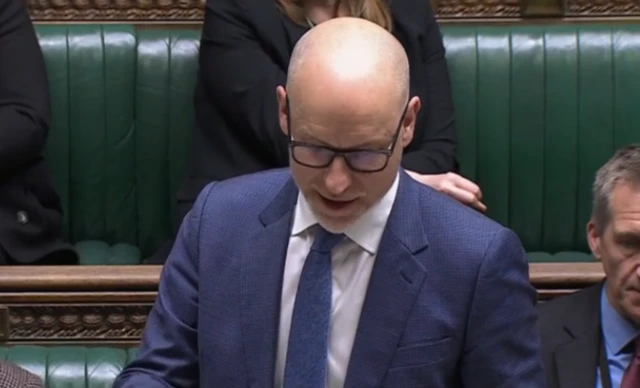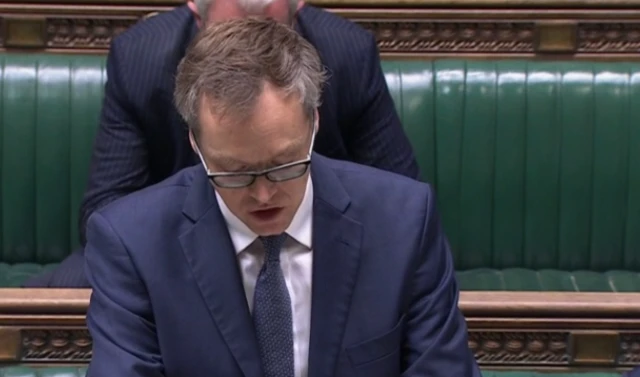
Sunak's pledge to stop the boats now hinges on this plan workingpublished at 01:52 BST 23 April 2024
 Ben Wright
Ben Wright
Political correspondent
In the end, there was no all night sitting.
Peers, accepting the will of the elected House of Commons, conceded the Safety of Rwanda Bill must become law.
They voiced strong objections - to the practicalities and principle of the government's plan to put asylum seekers on a one way flight to Rwanda.
Opposition parties have said it’s an unworkable expensive gimmick.
But after so many setbacks this is a political victory for Rishi Sunak.
His pledge to stop small boats crossing the channel now hinges on this plan working.
His timetable for starting flights has already slipped to the summer and there could be further legal challenges.
The question now is does this new law prove to be the deterrent ministers claim. With an election close, Sunak doesn't have long to prove results.






